Groundwater a significant source of pollution on Great Barrier Reef, study shows – the Guardian
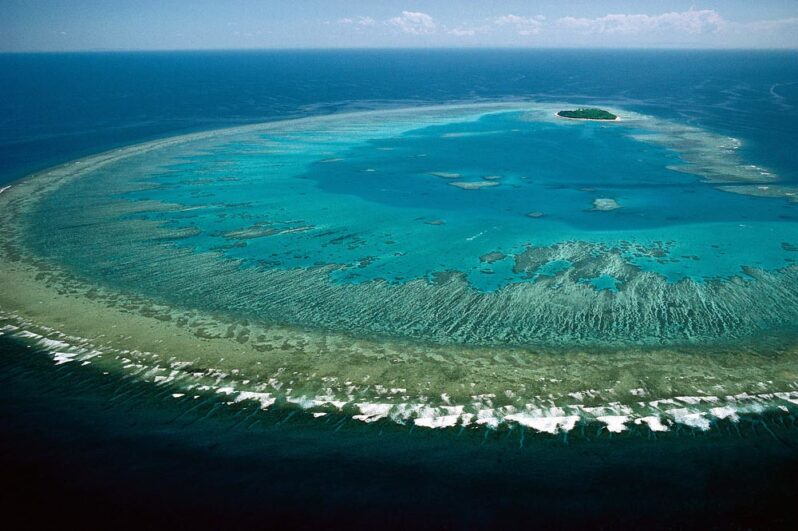
Scientists say they have discovered large flows of pollution are reaching the Great Barrier Reef after soaking into underground water, a finding that could have implications for policymakers focused on cutting pollution from river catchments. The new research claims almost a third of dissolved inorganic nitrogen and two-thirds of dissolved inorganic phosphorus in the reef’s waters are coming from underground sources – an amount previously undocumented…
Long Story Shorts: Why Should You Care about Deep-Sea Mining? – Hakai Institute
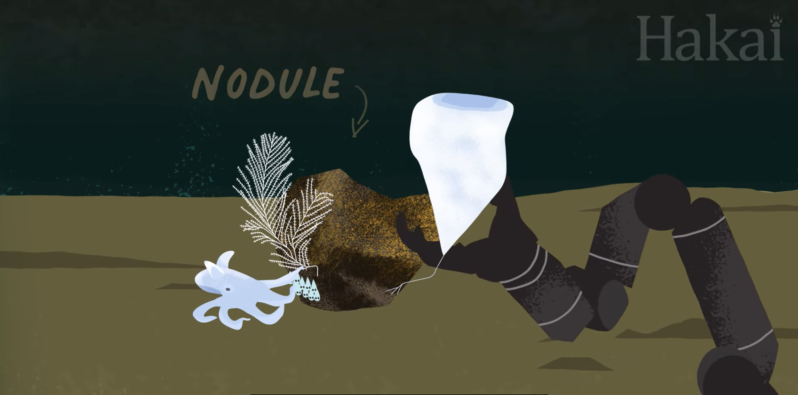
Deep-sea mining is a controversial proposed solution to the rising global demand for metals—but did you know it has the potential to destroy vital deep-water ecosystems and cause unknown ripple effects through the entire marine ecosystem?
Sponging Up Plastic Pollution – Hakai Magazine
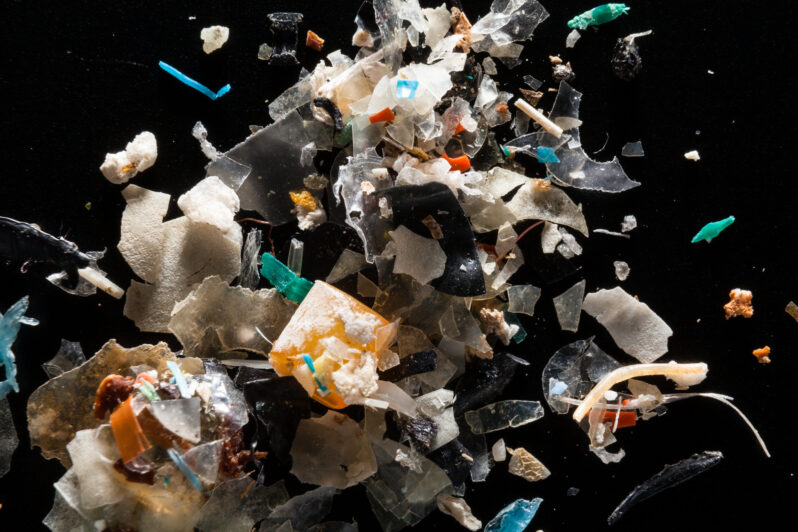
For millennia, humans have used dried natural sponges to clean up, to paint, and as vessels to consume fluids like water or honey; we’ve even used them as contraceptive devices. Whether synthetic or natural, sponges are great at ensnaring tiny particles in their many pores. And as scientists around the world are beginning to show, sponges’ cavity-filled forms mean they could provide a solution to one of our era’s biggest scourges: microplastic pollution….
September shattered global heat record — and by a record margin – the Washington Post
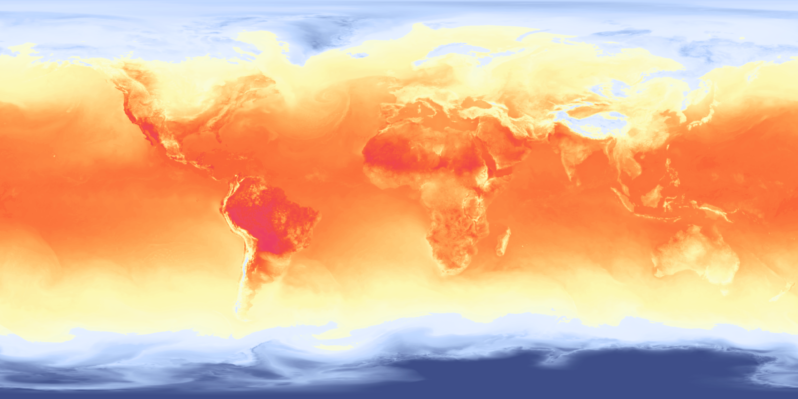
Temperatures around the world last month were at levels closer to normal for July according to separate data analyses by European and Japanese climate scientists.
September’s average temperature was nearly 1 degree Celsius (1.7 degrees Fahrenheit) above 1991-2020 levels — or about 1.7 to 1.8 degrees Celsius (3.1 to 3.2 degrees Fahrenheit) above normal from before industrialization and the widespread use of fossil fuels…
Seaweed is mucking up beaches. This robot could stop it — and fight climate change – NPR
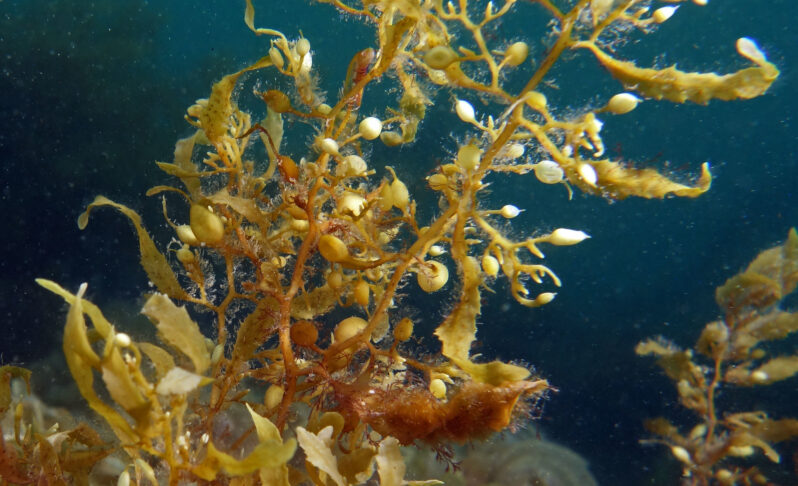
In shallow waters, sargassum can smother coral reefs and alter the water’s pH balance, killing off local seagrasses and mangroves. It can choke boat motors, constricting local fishing yields if not cutting off whole marinas. Sargassum once clogged a desalination plant so badly that residents of the U.S. Virgin Islands were told the drinking water may not be safe…
A California Beach Town Is Desperate to Save Its Vanishing Sand – the New York Times
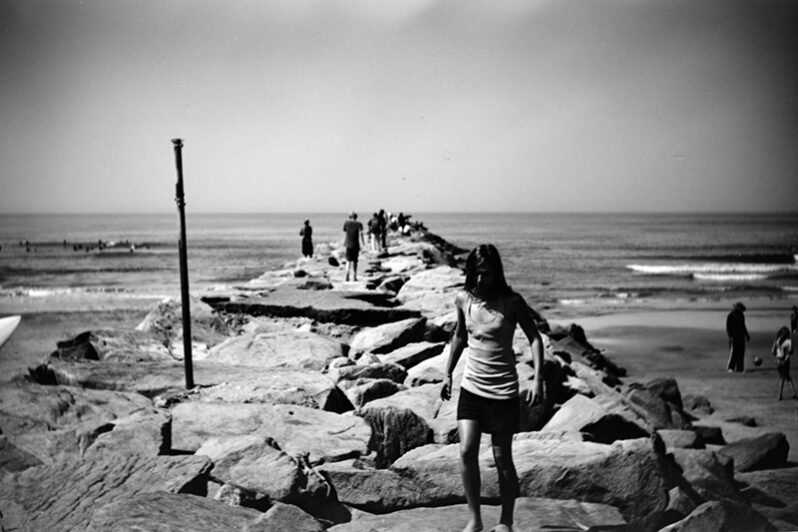
Sea-level rise and man-made projects have left Oceanside with precious little beach space. That’s a problem if coastal life is part of your city’s identity…
The Not-So-Natural Beach – Ryan Anderson
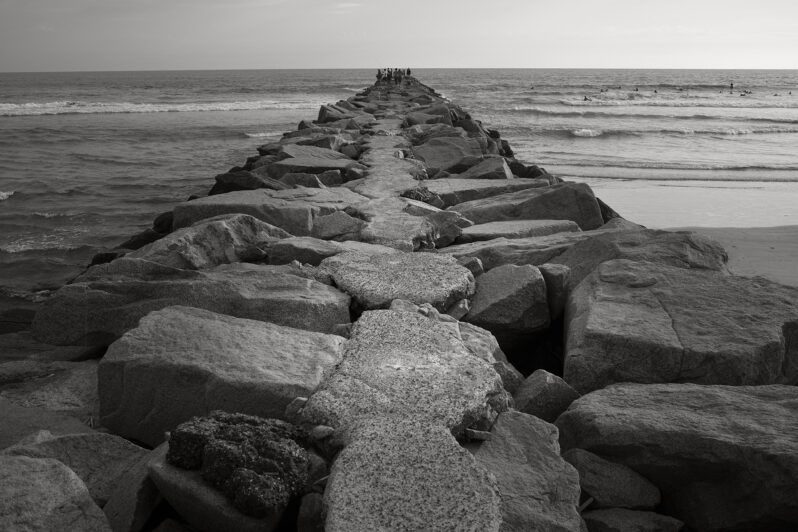
Growing up, I always imagined the beach to be a natural place. I think it’s safe to say that this sentiment may be pretty common among many beachgoers. It’s easy to think of the beach as being somewhat “natural,” or at least close to that thing some people call “nature.” This is a short piece, so I won’t go down the what is nature!? rabbit hole for now. By natural I mean something along the lines of “not caused or created by human intervention.” So here’s the thing: many beaches are actually far less “natural” than many people assume or know…
Road Hazard: Evidence Mounts on Toxic Pollution from Tires – Yale Environment 360
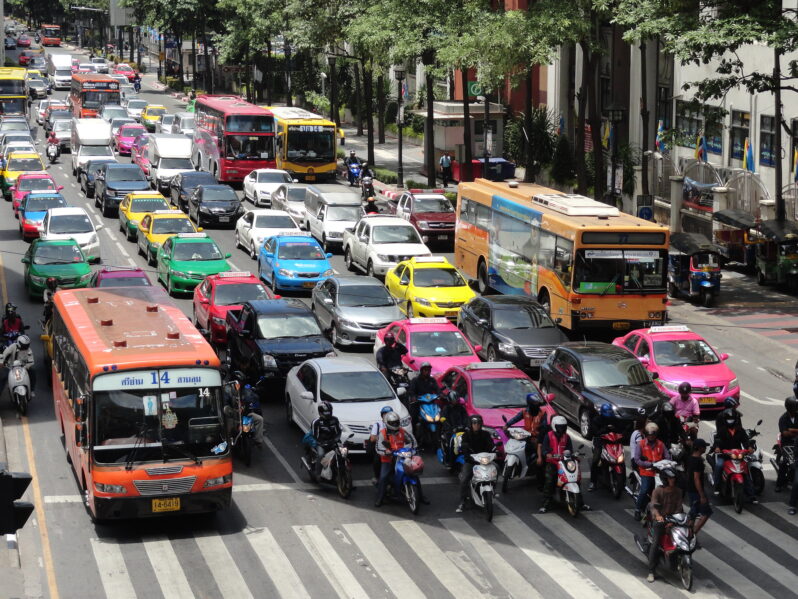
Researchers are only beginning to uncover the toxic cocktail of chemicals, microplastics, and heavy metals hidden in car and truck tires. But experts say these tire emissions are a significant source of air and water pollution and may be affecting humans as well as wildlife…
Don’t look away: This book is a wake-up call to our ‘monstrous’ waste crisis and how to solve it – EuroNews
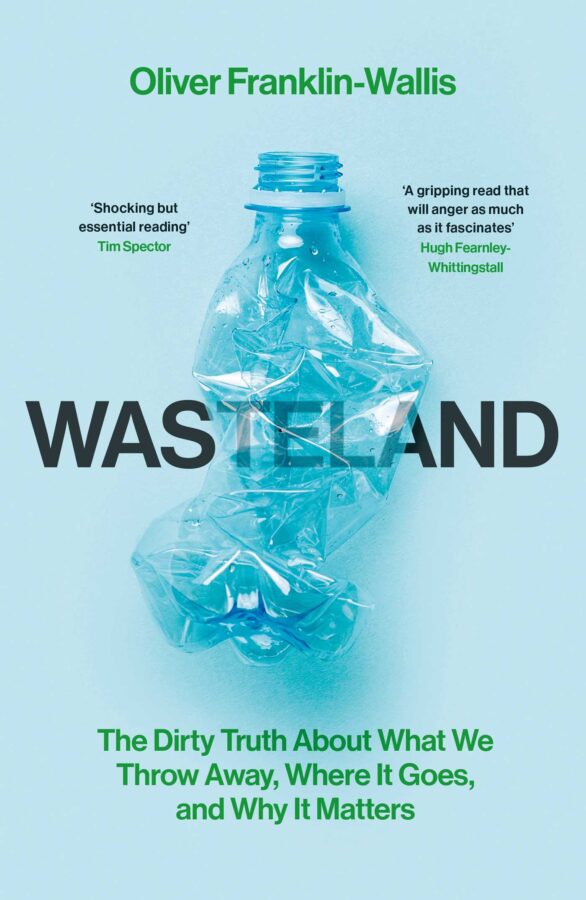
I’m only three pages into Wasteland when a stat first unnerves me: “It is forecast that by 2050 we will be producing a further 1.3 billion tonnes [of waste] a year.”
It already feels like the world is weighed down with waste. And I’d (somewhat naively) hoped that, given today’s talk of sustainability, recyclable materials and circular economies, we’d be headed the other way by 2050 – towards a less wasteful world…
